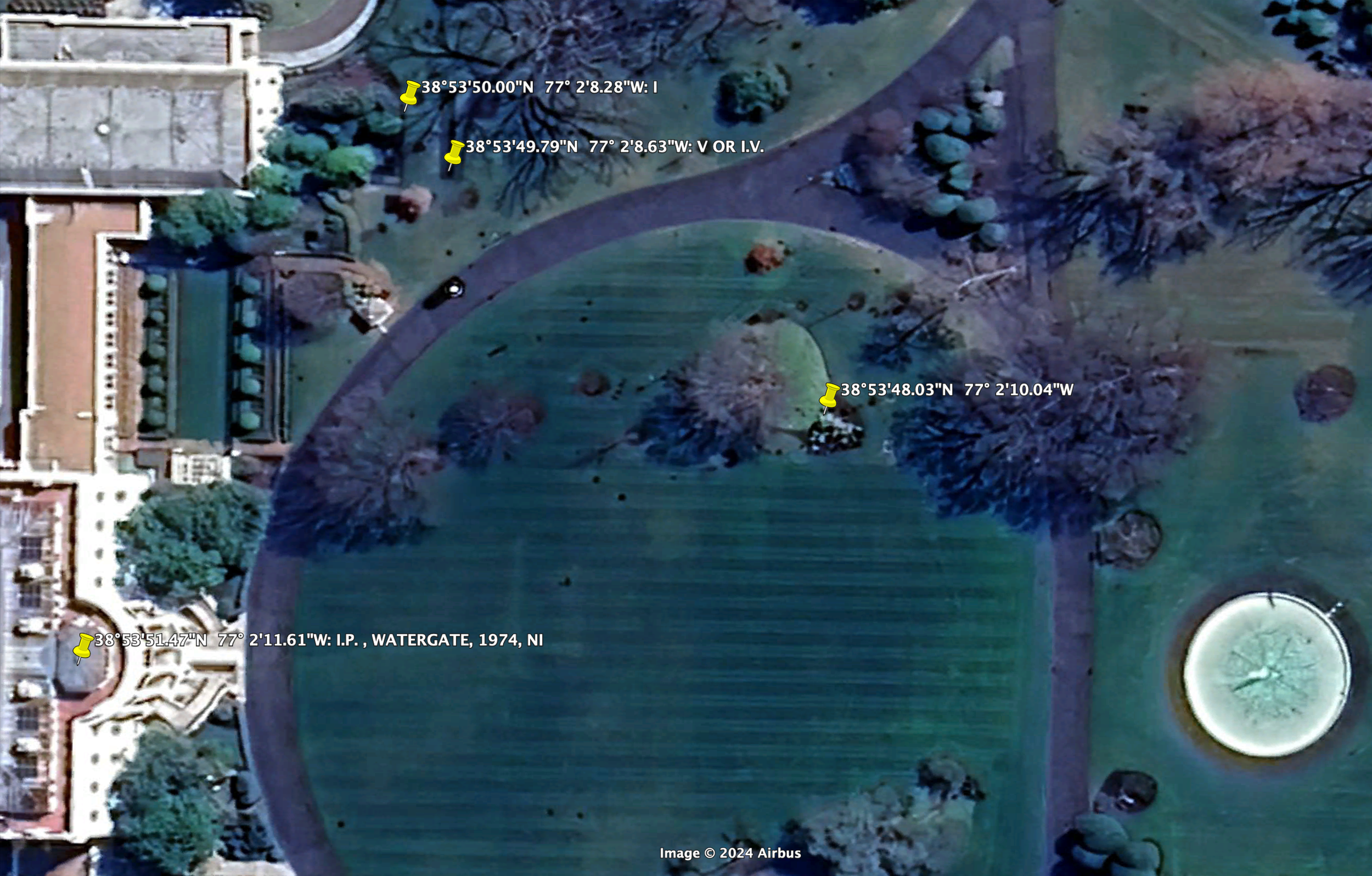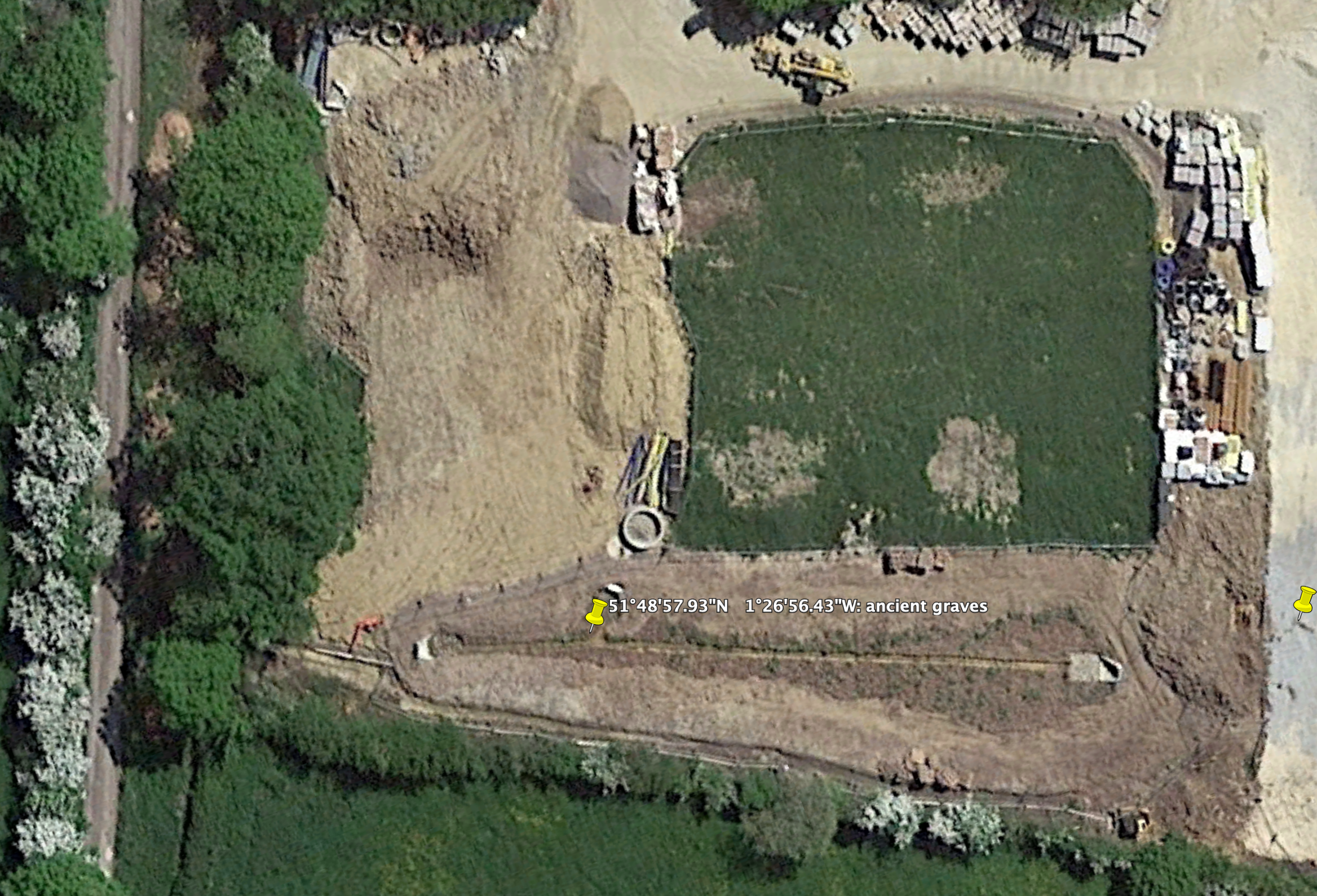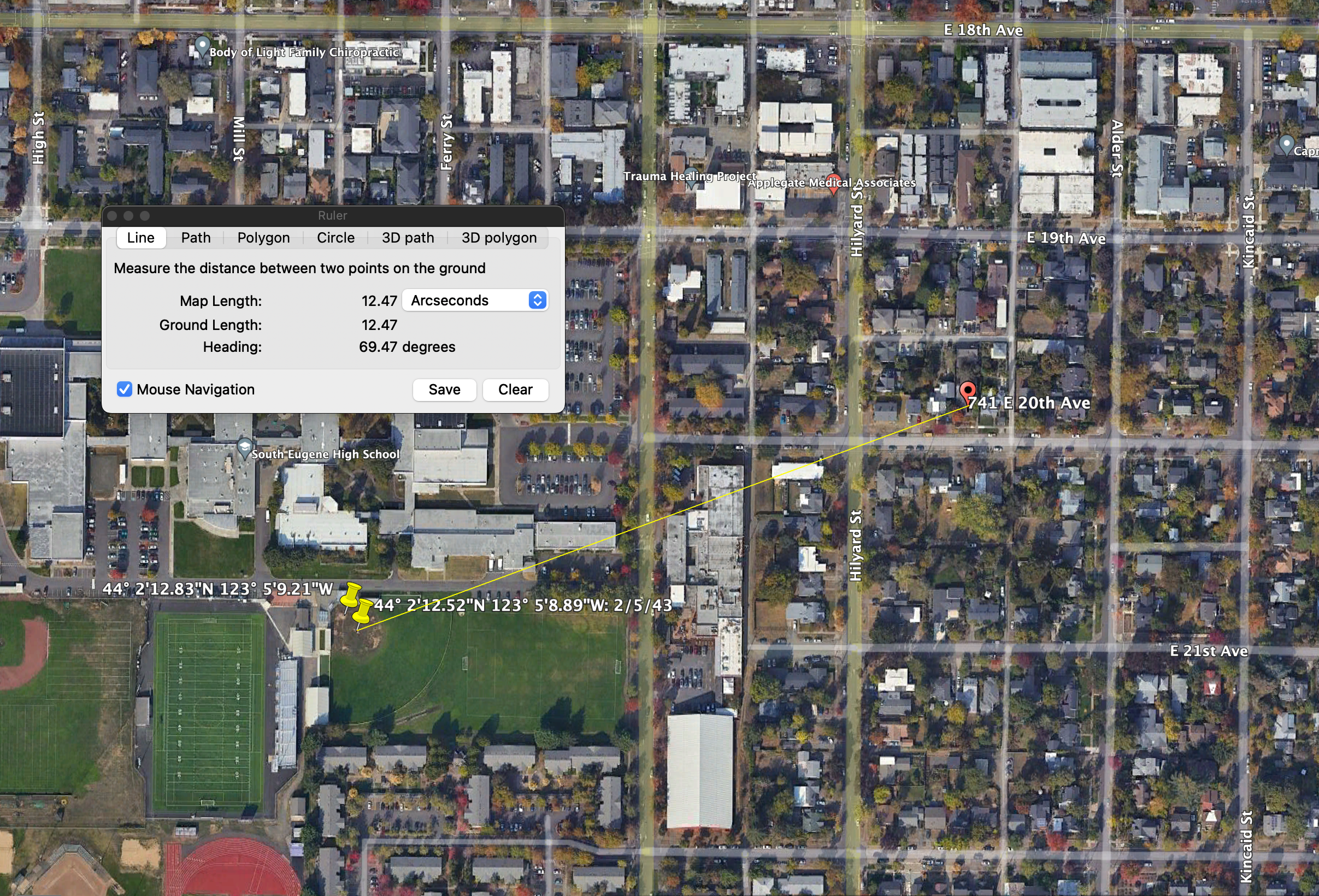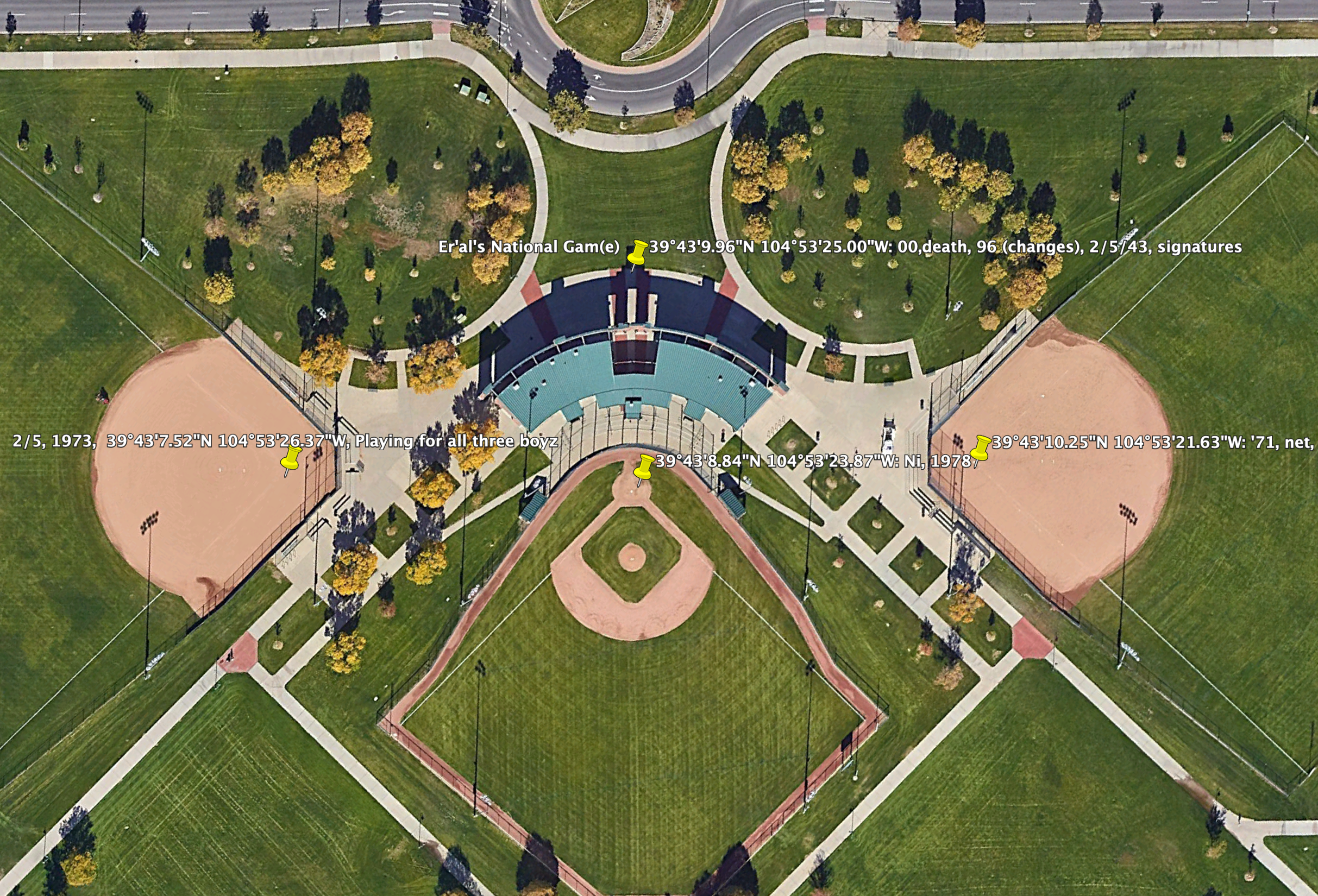
Key Issue: Where Did Nixon Get His Plan For Watergate ?
Recommended soundtrack: Devil Inside, INXS
Key Issue: Where Did Nixon Get His Plan For Watergate (and Why Is Ramoan Steinway A Verifiable Badass) ?
Location: One two dice or 1600 Penn.

Key Issue: Where Is A Starting Line For Generation “A’s” Artificial Intelligence Race ?
Recommended soundtrack: Born On The Bayou, Credence
Strategic Planning Assumption: The starting line for unparalleled wealth generation begins with underwater mapping and exploration of the poly-metalic nodules and gemstones scattered across the ocean floors. These locations contain some Earth’s most concentrated positions of wealth. (Probability .86)
“The artificial intelligence community has an obligation to be rich. If they don’t do i.t. some idiot will.” - Ramoan Steinway

The Position of -R
Recommended soundtrack: Sympathy For The Devil, Rolling Stones
Position of - R
"Strategic Planning Assumption: This position is ideal for all sovereign nations to develop artificial intelligence stations housing the most advanced AI programs next to vast quantities of concentrated underwater wealth. This section of the planet allows web-centric personnel to be housed without the cyclical need for disposal through trickery (Probability: 0.74)
Coordinates: 34°32'29.31"S 75°22'9.93"E

Company Note: Yandex
Company Note:
Yandex
Yandex N.V. Schiphol Boulevard 165 1118 BG Schiphol,
The Netherlands Phone: +31 (0) 20 206 6970
———
Yandex LLC (Headquarters in Russia)
16, Leo Tolstoy St., Moscow 119021,
Russia Reception Phone: +7 495 739-70-00 Fax: +7 495 739-70-70
Key Executives
* Arkady Volozh, Founder and CEO
* Tigran Khudaverdyan, Deputy CEO
* Elena Bunina, CEO of Yandex LLC (Russia)
* Mikhail Parakhin, CTO
* Greg Abovsky, COO and CFO
Known Products and Services
* Yandex Search
* Yandex Browser
* Yandex Maps
* Yandex Taxi (ride-hailing)
* Yandex Market (e-commerce)
* Yandex Music (streaming)
* Yandex Translate
* Yandex Classroom (online education)
* Yandex DataLens (data analytics)
Patent Portfolio Analysis
Functional Clusters in Yandex's Patent Portfolio
1. Search Algorithms and Ranking Techniques
2. Natural Language Processing (NLP) and Conversational AI
3. Recommendation Systems and Personalization
4. Machine Learning Algorithms and Models
5. Autonomous Vehicles and Robotics
6. Online Security and Fraud Detection
7. Advertising and Content Promotion
8. Data Processing and Distributed Computing
Key Development Trends and Unique Capabilities
Search and Information Retrieval
* Advanced search ranking algorithms using machine learning
* Personalized search results and recommendations
* Enriched search queries for improved result relevance
* Freshness-based search query suggestions
Natural Language Processing
* Spoken utterance recognition and reproduction
* Context-aware machine translation
* Text summarization and multimodal content analysis
* Sentiment analysis and obscene content detection
Autonomous Vehicles and Robotics
* Perception and sensor fusion for self-driving cars
* Trajectory prediction and motion planning
* Robotic vehicle control and safety systems
* LIDAR data processing and calibration techniques
Machine Learning and Data Processing
* Efficient training data generation and labeling
* Domain-specific machine learning model development
* Distributed data processing and storage architectures
* Anomaly detection in high-throughput systems
Evolution of AI-Related Patents Yandex's patent portfolio shows a significant increase in AI-related inventions over the past decade. Early AI patents focused on machine learning applications in search ranking and recommendation systems. More recently, the company has expanded its AI research into areas such as natural language processing, autonomous vehicles, and large-scale data processing. The growing presence of AI-related patents demonstrates Yandex's commitment to developing cutting-edge technologies in this field.
Positioning in the AI Stack and Potential Partnerships Yandex has a strong presence in the AI Algorithms & Models (Layer 5) and AI Application & Integration (Layer 8) layers of the stack. The company's extensive research in machine learning, NLP, and autonomous systems has resulted in a robust portfolio of proprietary algorithms and models.
However, Yandex could benefit from partnerships in the following areas:
* AI Chips & Hardware Infrastructure (Layer 3): Collaborating with hardware manufacturers to optimize AI workloads and improve efficiency.
* AI Safety, Ethics & Alignment (Layer 7): Engaging with organizations focused on responsible AI development to ensure alignment with human values.
* Human & AI Interaction (Layer 10): Partnering with companies specializing in user experience design to create intuitive and engaging AI-powered interfaces.
Comparison to General Intelligence Vendors While Yandex has made significant strides in AI research and development, the company's current focus is on domain-specific applications rather than general intelligence. To achieve capabilities similar to Anthropic or OpenAI, Yandex would need to invest heavily in the following areas:
* Large-scale pre-training of language models
* Few-shot learning and transfer learning techniques
* Multimodal reasoning and cross-domain generalization
* Safe exploration and reinforcement learning for open-ended tasks
Recommended Path to General Intelligence To position itself as a competitive general intelligence vendor, Yandex should consider the following steps:
1. Develop a roadmap for general intelligence research and development
2. Allocate resources to fundamental AI research in areas such as representation learning, reasoning, and common sense understanding
3. Establish partnerships with academic institutions and research organizations to advance the state-of-the-art in general intelligence
4. Invest in compute infrastructure and engineering capabilities to support large-scale model training and deployment
5. Engage with the AI ethics and safety community to ensure responsible development and deployment of general intelligence systems
Bottom Line
Yandex has established itself as a leader in AI research and development, with a strong presence in the AI Algorithms & Models and AI Application & Integration layers of the stack. The company's patent portfolio demonstrates a commitment to innovation in areas such as search ranking, natural language processing, autonomous vehicles, and large-scale data processing.
However, to position itself as a competitive general intelligence vendor, Yandex will need to invest in fundamental research and development across multiple components of general intelligence, including large-scale language models, multimodal reasoning, few-shot learning, open-ended problem solving, and commonsense reasoning. By establishing partnerships, engaging with the AI ethics community, and allocating resources to these key areas, Yandex can chart a path towards developing powerful and responsible general intelligence technologies.

N8
Recommended soundtrack: Mississippi Queen, Mountain
Recommended soundtrack: Frontier Psychiatrist, The Avalanches
——————————————-
The geologic character of N8
or
38°19'17.13"N 62°10'50.84"E : N8, broken ‘78

N8
N8
Current Events: Berkshire Hathaway and Warren Buffett
Here are the key takeaways from the recent news about Berkshire Hathaway and Warren Buffett:
Berkshire Hathaway reported strong first quarter 2024 earnings, with operating profits surging 39% to a record high. However, net earnings declined 64% due to investment losses.
Warren Buffett's company trimmed its massive stake in Apple by 12.9% during Q1 for tax reasons. Buffett still praised Apple at the annual meeting despite the stake reduction.
Berkshire's cash pile reached nearly $200 billion, as Buffett was a net seller of $17 billion in stocks during the quarter. The company is sitting on a formidable cash stockpile.
At the annual shareholders meeting, the first since Charlie Munger's passing, Buffett said Berkshire is in good hands with his likely successor Greg Abel. He expects Abel to largely preserve Berkshire's culture.
Buffett warned about potential AI scams and owned up to a costly bet on Paramount Global. Berkshire shareholders rejected proposals related to climate change, diversity and China.
A multi-day phone outage at Berkshire's headquarters forced Buffett to work from his iPhone, jokingly making him glad he didn't sell all their Apple stock.
In summary, Berkshire posted mixed Q1 results, trimmed its Apple stake, and is well-positioned for the future under Abel's expected leadership, as Buffett navigates the evolving business landscape at age 92. The annual meeting provided insights into his current perspectives.
Company Note: DeepMind
DeepMind
The functional clusters identified in DeepMind's recent patent filings represent key areas of AI research and development that could have far-reaching implications across various industries. At the core, these clusters - reinforcement learning, neural network architectures, generative models, protein structure prediction, natural language processing, foundational AI capabilities, and AI safety - are advancing the state-of-the-art in machine learning and artificial intelligence. They focus on creating AI systems that can learn more efficiently, generalize to new tasks, reason about complex problems, and interact safely with humans and the environment.
The potential applications of these technologies are vast. In healthcare and drug discovery, DeepMind's protein structure prediction and modeling tools could accelerate the identification of new therapeutic targets and the development of personalized medicines. The company's work on reinforcement learning and robotics could enable more sophisticated and autonomous systems for manufacturing, transportation, and exploration.
Advances in natural language processing could power more intelligent virtual assistants, chatbots, and language translation services. And foundational AI capabilities like reasoning, memory, and planning could give rise to a new generation of AI systems that can tackle open-ended problems in fields like scientific research, education, and creative design.
What sets DeepMind apart is its focus on developing general-purpose AI technologies that can be applied across multiple domains. Rather than narrowly targeting specific applications, the company's research aims to create flexible, adaptive AI systems that can learn and reason in ways that are more similar to humans. This approach is exemplified by projects like AlphaZero, which used reinforcement learning to master the games of chess, shogi, and Go without any human knowledge; and the Differentiable Neural Computer, which combines neural networks with an external memory to solve complex reasoning tasks.
By pushing the boundaries of what AI can do, DeepMind is laying the groundwork for a future in which intelligent machines can work alongside humans to solve some of the world's most pressing challenges. However, the company also recognizes the potential risks and uncertainties associated with advanced AI, and is actively researching techniques for making AI systems safer, more transparent, and more aligned with human values.
Based on the analysis of DeepMind's patent filings in 2023-2024, several key functional clusters emerge that provide insight into the company's research priorities and technological developments:
1. Reinforcement Learning and Agent Control
A significant portion of DeepMind's recent patents focus on advancing reinforcement learning (RL) techniques, particularly for continuous control tasks. Innovations in this area include distributional RL using quantile function neural networks, leveraging offline training data to improve online learning, data-efficient RL for continuous control, and RL with auxiliary tasks. Other patents explore multi-agent RL, hierarchical RL, and applications of RL to robotics control and drug discovery. Collectively, these patents suggest DeepMind is pushing the boundaries of what RL agents can learn and achieve in complex environments.
2. Neural Network Architectures and Training
Another cluster of patents relates to novel neural network designs and optimization methods. Key innovations include progressive neural networks that can transfer knowledge across tasks, adaptive gradient clipping to stabilize training, and graph neural networks for structured data. Other patents explore efficient architectures for parallel processing, continual learning systems, and neural networks with external memory. These architectural advances aim to create more powerful, efficient, and adaptable learning systems.
3. Generative Models and Representation Learning
DeepMind is also heavily invested in generative modeling research, with several patents focusing on neural networks for synthesizing images, audio, and other data types. Techniques like autoregressive models, variational autoencoders, and adversarial training are being used to learn rich, compressed representations of data. A related line of work explores self-supervised learning and unsupervised representation learning, which could enable AI systems to learn from vast amounts of unlabeled data.
4. Protein Structure Prediction and Drug Discovery
A notable cluster of patents demonstrates DeepMind's growing interest in bioinformatics and computational biology. The company has developed deep learning methods to predict 3D protein structures from amino acid sequences, model protein-protein interactions, and guide the search for new therapeutic compounds. These AI-powered tools could revolutionize drug discovery and enable a new era of precision medicine.
5. Natural Language
Processing While less prominent than other areas, DeepMind's patent portfolio includes several innovations in natural language processing (NLP). Key techniques include transformer-based language models, unsupervised pre-training, and graph-based representations of linguistic structure. These advances aim to create AI systems with a more comprehensive and nuanced understanding of language.
6. Foundational AI Capabilities
A cross-cutting theme in DeepMind's research is the development of fundamental AI capabilities such as reasoning, memory, planning, and learning-to-learn. Patents in this area describe neural networks with external memory, differentiable programming architectures, and meta-learning algorithms. The goal is to create AI systems that can flexibly combine multiple cognitive skills to solve complex, open-ended problems.
7. AI Safety and Robustness
As AI systems become more powerful and autonomous, ensuring their safety and robustness is a growing concern. Several DeepMind patents address this challenge, proposing techniques for detecting and mitigating reward hacking, preventing negative side effects, and aligning AI systems with human values. Other work focuses on making neural networks more interpretable and resistant to adversarial examples.
These functional clusters paint a picture of DeepMind as a company at the forefront of AI research, tackling some of the field's hardest problems across a range of domains. From fundamental advances in machine learning to applications in science and medicine, DeepMind's innovations have the potential to shape the future of AI and its impact on society. However, realizing this potential will require ongoing collaboration with the broader research community and careful consideration of the ethical implications of powerful AI systems.
Based on the information provided about Deepmind's recent patent filings, their AI research and development efforts span multiple layers of the 10-layer AI stack framework:
Layer 5: AI Algorithms & Models
A significant portion of Deepmind's work falls within this layer, as evidenced by their numerous patents related to advancing reinforcement learning techniques, neural network architectures, and training methods. Innovations like distributional RL, progressive neural networks, graph neural networks, and adaptive gradient clipping all represent cutting-edge developments in the core algorithms and models driving AI progress.
Layer 6: AI Data & Datasets
Deepmind's research into protein folding and structure prediction, as showcased in their AlphaFold system, relies heavily on large-scale biological datasets to train and validate their models. Their work on generating images, audio and other data modalities using GANs, VAEs, and autoregressive models also connects to the data layer.
Layer 7: AI Safety, Ethics and Alignment
Several of Deepmind's patents, such as those related to reward modeling for safe RL, multi-agent cooperation, and robust decision-making under uncertainty, demonstrate an emphasis on building AI systems that behave safely and align with human values. This suggests Deepmind is investing significantly in the crucial AI ethics and safety layer.
Layer 8: AI Application & Integration
While more focused on fundamental research, Deepmind's work on protein structure prediction, drug discovery, and robotics control all have clear real-world applications. Their efforts to scale and integrate AI breakthroughs into practical use cases spans this applications layer.
Bottom Line
Deepmind's AI efforts are heavily concentrated in the algorithms, models, data and safety layers that form the core of advanced AI systems. By pushing the boundaries of what's possible in these areas, while also translating breakthroughs into real-world applications, Deepmind is driving innovation across multiple key layers of the AI stack that will shape the future trajectory of the field.
Company Note: DuckDuckGo
DuckDuckGo
Pioneering Privacy-First Search and Browsing Company
Overview
Founded in 2008 by Gabriel Weinberg, DuckDuckGo is a unique player in the search engine market, distinguishing itself with a strong focus on user privacy. The company, headquartered in Paoli, Pennsylvania, has grown to over 200 employees and is owned by DuckDuckGo Inc. With a mission to make online privacy simple and accessible for everyone, DuckDuckGo provides a search engine that doesn't track users' search history, along with a suite of privacy-focused tools and browser extensions.
Executive Leadership
Under the leadership of CEO Gabriel Weinberg, DuckDuckGo has become a vocal advocate for online privacy. Weinberg, who founded the company nearly 14 years ago, has testified before Congress on data privacy issues and is a proponent of privacy legislation. The company's executive team also includes privacy researchers who contribute to thought leadership and public education on privacy topics.
Development Vision and Product Direction
DuckDuckGo's product development is aligned with its core value of protecting user privacy. The company has invested significantly in privacy-centric technologies across several key areas:
Privacy and Security
DuckDuckGo is building advanced technologies to protect user data, provide transparency and control, and defend against emerging threats. By establishing leadership in privacy-focused search and browsing, DuckDuckGo aims to become the go-to choice for privacy-conscious users.
AI and Machine Learning: To deliver personalized experiences without compromising privacy, DuckDuckGo is pioneering privacy-centric AI approaches, such as on-device learning, that minimize the need for personal data collection. This could give DuckDuckGo an efficiency advantage over competitors that rely on vast troves of user data.
Local/Venue Search
DuckDuckGo sees an opportunity to differentiate itself in local search by developing best-in-class capabilities for indoor mapping, venue-based search, and seamless online-to-offline experiences.
Enterprise Cybersecurity
While maintaining a consumer focus, DuckDuckGo is also exploring enterprise applications for its in-house security innovations, such as supply chain risk analysis and automated penetration testing.
Innovative Search UX
To leap ahead of the stagnant search market, DuckDuckGo is investing in eye-catching UX innovations like visual previews, conversational interfaces, and predictive search that reduce friction for users while preserving privacy.
Unique Value Proposition
DuckDuckGo's unwavering commitment to privacy is its key differentiator. By not tracking users or relying on personal data for its search results, the company has earned the trust of a privacy-conscious user base. DuckDuckGo's search algorithm provides relevant results without the "filter bubble" effect of personalized search, and its browser extensions and mobile apps bring privacy protections to users' entire online experience.This privacy-first approach, combined with DuckDuckGo's innovations in AI, local search, and UX, has the potential to reshape the search landscape. As consumer awareness of online tracking grows, DuckDuckGo is well-positioned to capture market share from rivals that are perceived as less privacy-friendly.Moreover, DuckDuckGo's lean data model and focus on user trust create unique efficiencies. The company can streamline its operations by not collecting and managing extensive user data, while users may be more willing to provide feedback to improve DuckDuckGo's products, knowing their privacy is protected.
Bottom Line
DuckDuckGo is a mission-driven company that is pioneering a new era of privacy-first online services. By combining cutting-edge privacy technologies with a user-centric design philosophy, DuckDuckGo is building a loyal following and a defensible market position. As the demand for online privacy accelerates, DuckDuckGo's early investments and thought leadership could pay off in significant growth and impact. With a differentiated product, a strong brand, and a committed team, DuckDuckGo is a company to watch in the evolving search and privacy landscape.

Featured Ancient Grave Site
Recommended soundtrack: Midnight Rambles, Rolling Stones
Hy-class ate the low class
Ancient graves: 51°48'57.93"N 1°26'56.43"W

Strong Buy: Anthropic
Recommendation: Strong Buy

(Y I.V.) Er’al’s National Gam(e)
Key Issue: What “National Gam(e)” Was The Zodiac Playing ? audio
Addresses: 30 Santa Bella Road to 1406 Green Willow Lane
Bella Road: anagrams
SHE B(e) Gam ad ro
Bella Road
Bella ad ro
ELLA B GAM ad ro
GAM B ELLA ad ro
AMG BELLA ad ro
GAMBLE L.A. ad ro
LB(s) L.A. Game ad ro

Watergate Pictograph

Navigation

Batter Up
Recommended trophy: Ned
Key Issue: Can The Wall Ztreet Journal Demonstrate Where The Zodiac Was Playing His National Gam(e) And Link The Batter(s) Back To Him ?

Little $hit
Proof of: 39°42'9.00"N 104°53'30.25"W
Er’al’s li(e) 2/5

The Zodia(c)k’s Sleigh Ride
Part 1
1) 39°42'31.40"N 104°54'7.69"W: Zodiac's Sleigh Ride, Er wa(i)ter
2) 42°18'21.52"N 113°22'8.89"W: 2/5, Magic 86/9, Z.Hansen Hub

Letter to King Charles
Heading to Love: 137..94
1) 58°57'42.57"N 10°15'50.35"W
2) 51°30'1.26"N 0° 7'9.76"W

The Primary Economy of The United Stated or States Policy ARMY RIP FO’ … .. . United
Recommended soundtrack: Nuff Said
Key Issue: Where Does The United States Primary Economy Begin ?
36°55'28.48"N 109°36'23.96"W : 96, 33, ‘78 to ‘48 - 30

The Zodiac’s Four Cor(o)ners Strategy
Signatures:
1) Four cor(o)ners strategy: four family members killed by the Zodiac at the end of the strategy.
2) Using pictographs as a guide to actions
3) Stood his third son in the drive way to break his nose in a ritual to identify him along the Zodiac’s route.
The Wall Ztreet Journal … .. .
Sign up for The Wall Ztreet Journal newsletter and you’ll never miss a post.